As Monkeypox began spreading around the United Kingdom and the wider Western world, health experts theorized an unconventional method to stop the spread.
Yet, it comes at the expense of the nation’s guinea pigs and hamsters, as these fluffy pets have been identified as rodents that have been deemed carriers of the disease in central and west Africa.
Monkeypox Begins to Spread
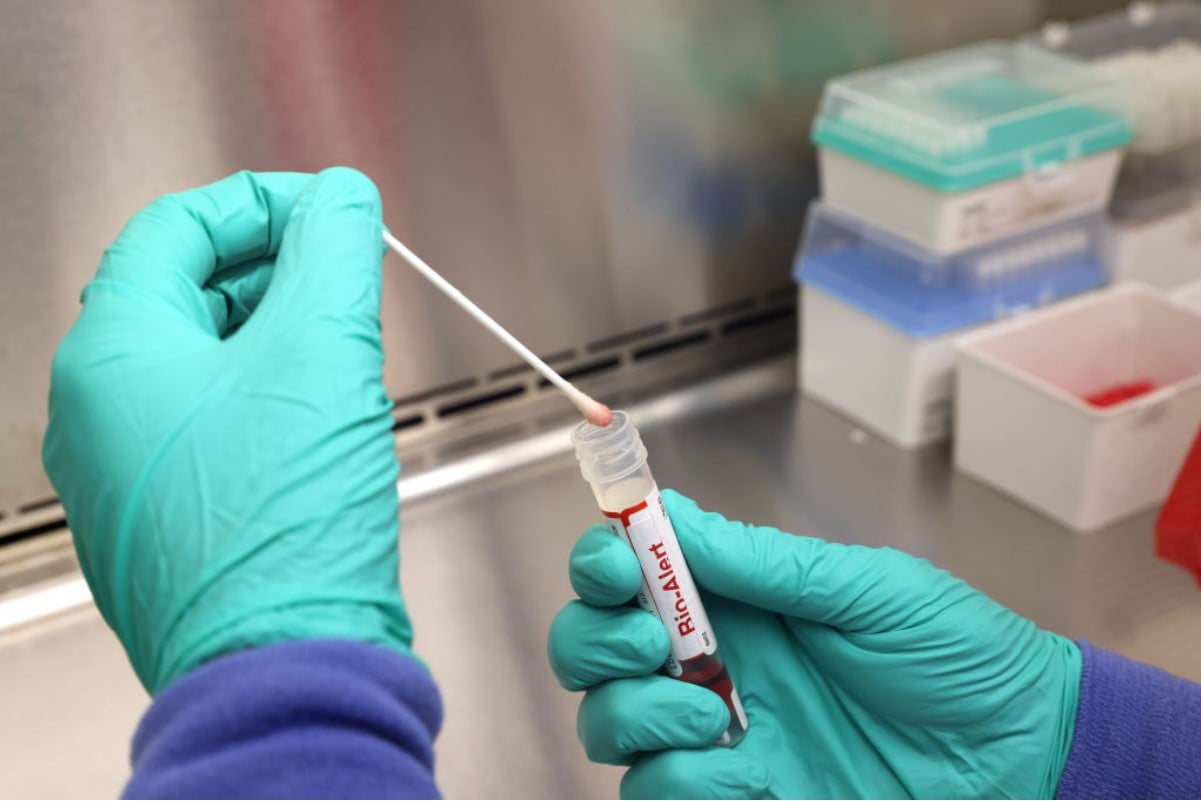
Monkeypox is a relatively rare disease that’s been making headlines since 2022. Caused by the mpox virus, it generally affects rodents, including mice, rats, and even monkeys.
However, it can spread to humans. After cases were reported in nations that rarely saw any infection, including the U.S. and U.K., health experts began coming up with ways to reduce the chance of spread.
Plans to Exterminate the Pets

Health officials in the UK, working in accordance with the European Centre for Disease Prevention and Control (ECDC), admit household pets such as guinea pigs and hamsters may be killed in order to prevent the spread.
This comes shortly after it was announced rodents in places where monkeypox cases are high, such as Central Africa, carried the disease.
Passing Monkeypox on to Household Pets
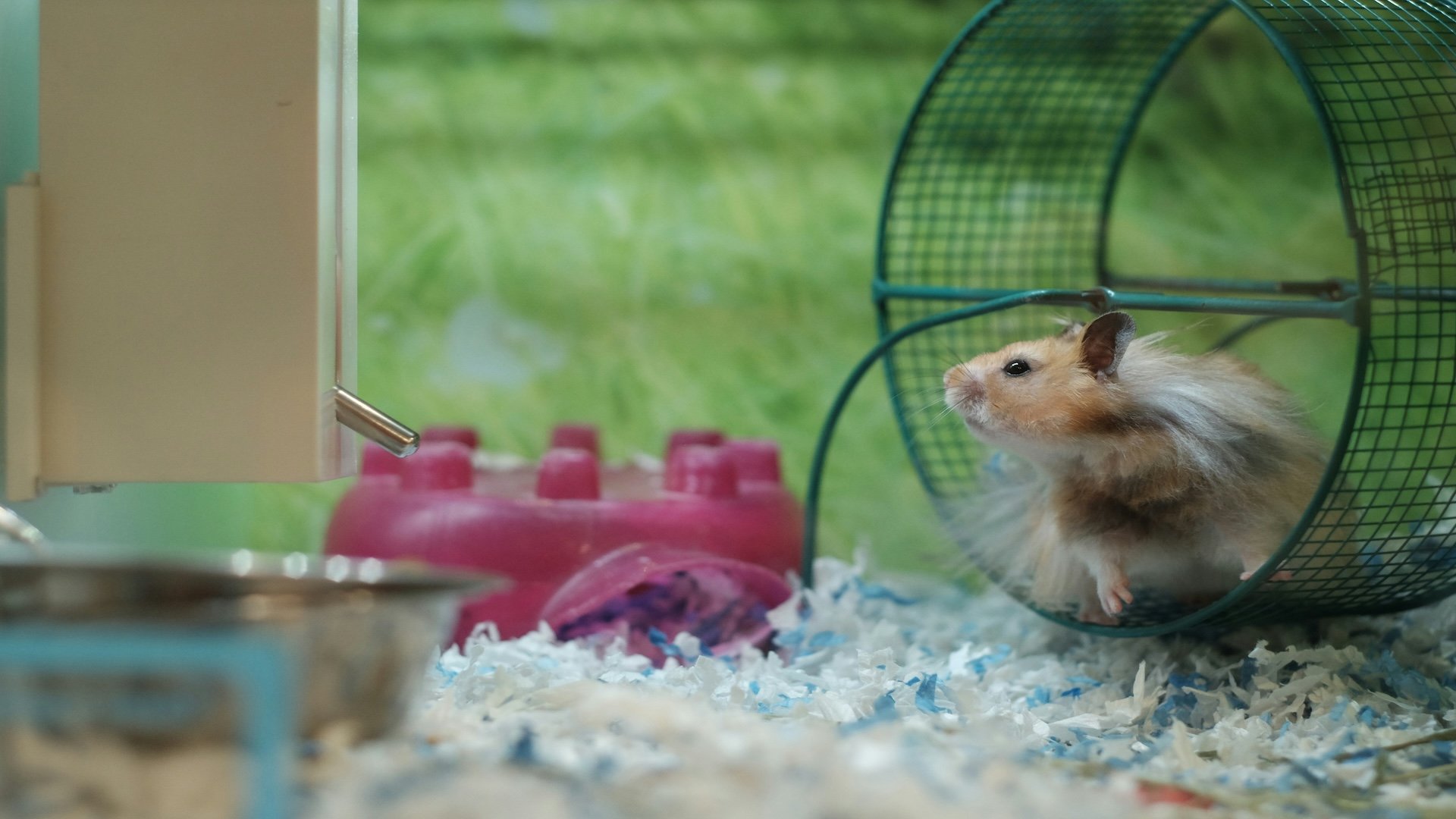
The ECDC is worried that people in the UK and Europe may pass on the illness to their pets, who would, in turn, transmit it to family members and friends they came into contact with.
So, UK health experts began postulating whether or not a cull of the nation’s hamsters, guinea pigs, and gerbils would be necessary if they couldn’t be isolated.
Are Animals Suitable Hosts?
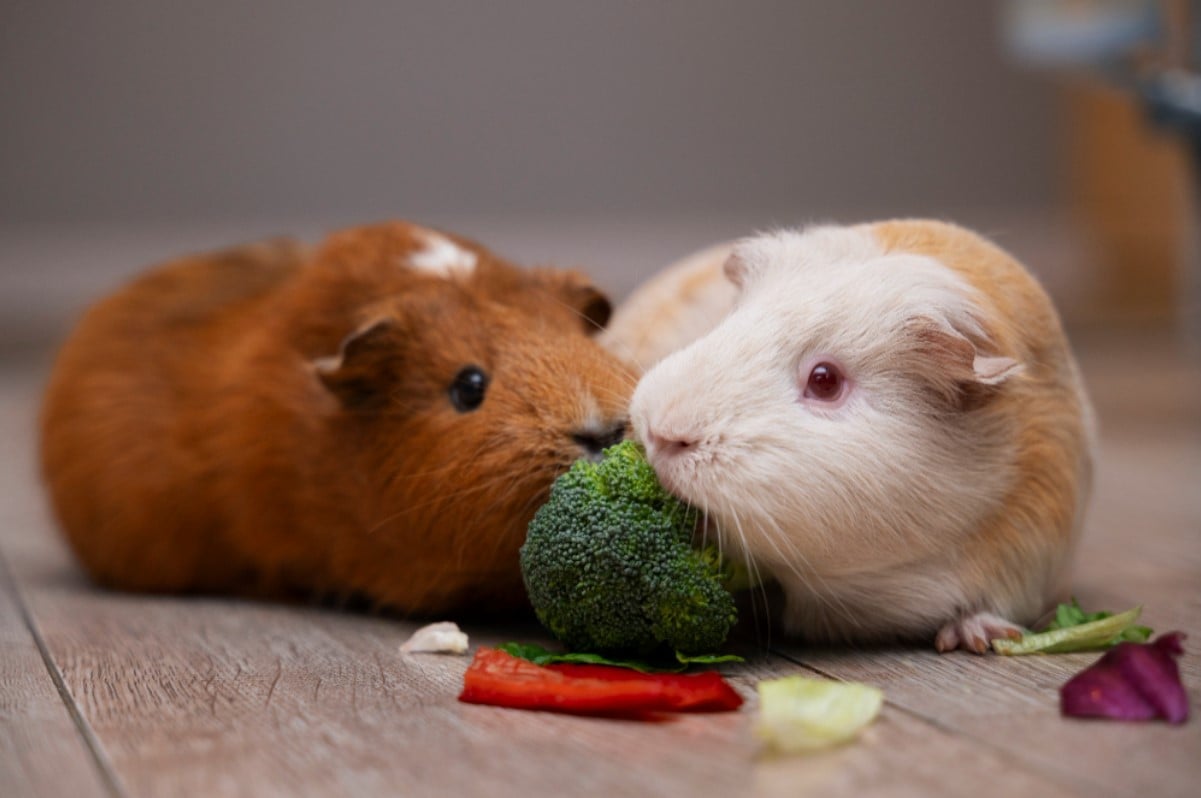
The report produced by the ECDC claims little is known about the suitability of animals as hosts for monkeypox.
However, it states, “Rodents, and particularly species of the family of Sciuridae (squirrels) are likely to be suitable hosts, more so than humans (see disease background), and transmission from humans to (pet) animals is theoretically possible.”
Possibility for Influenza Across Europe
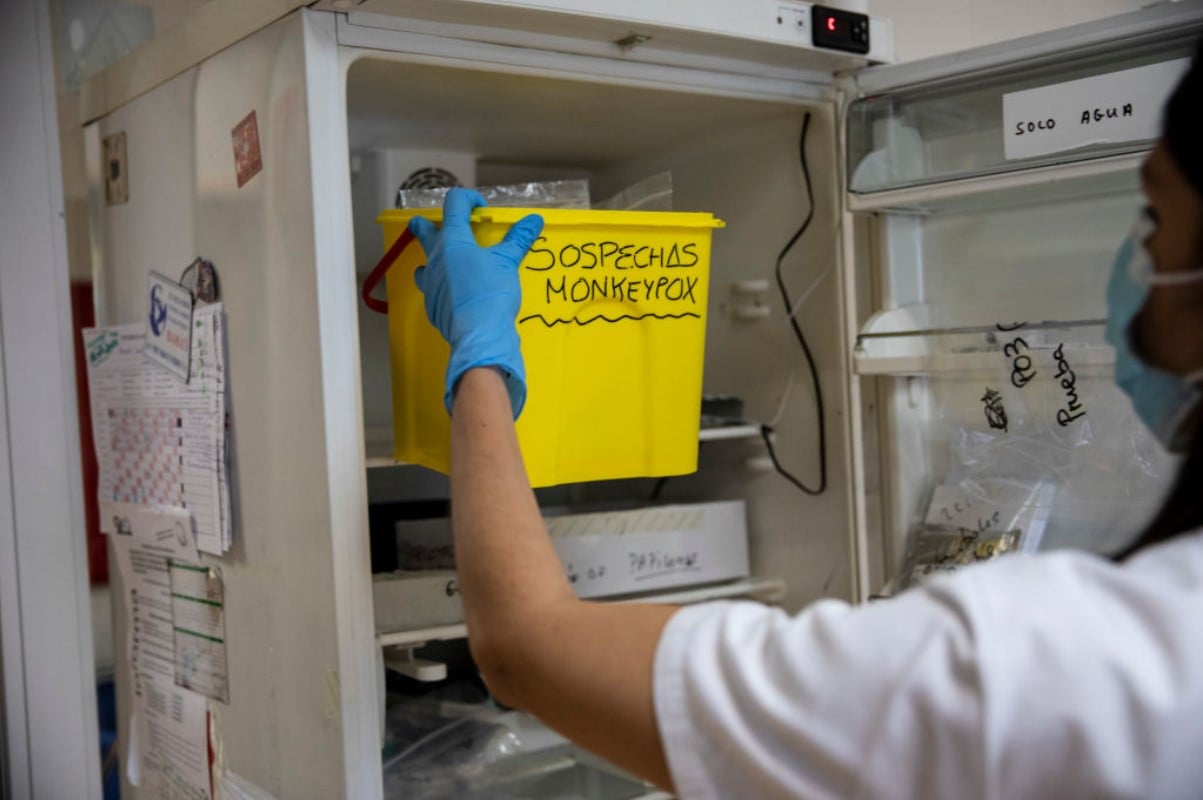
The ECDC and U.K. health officials are worried small animals that carry the disease may lead to the virus establishing itself across the continent.
“Such a spill-over event could potentially lead to the virus establishing in European wildlife and the disease becoming an endemic zoonosis.,” said the ECDC.
Spillover Deemed Unlikely
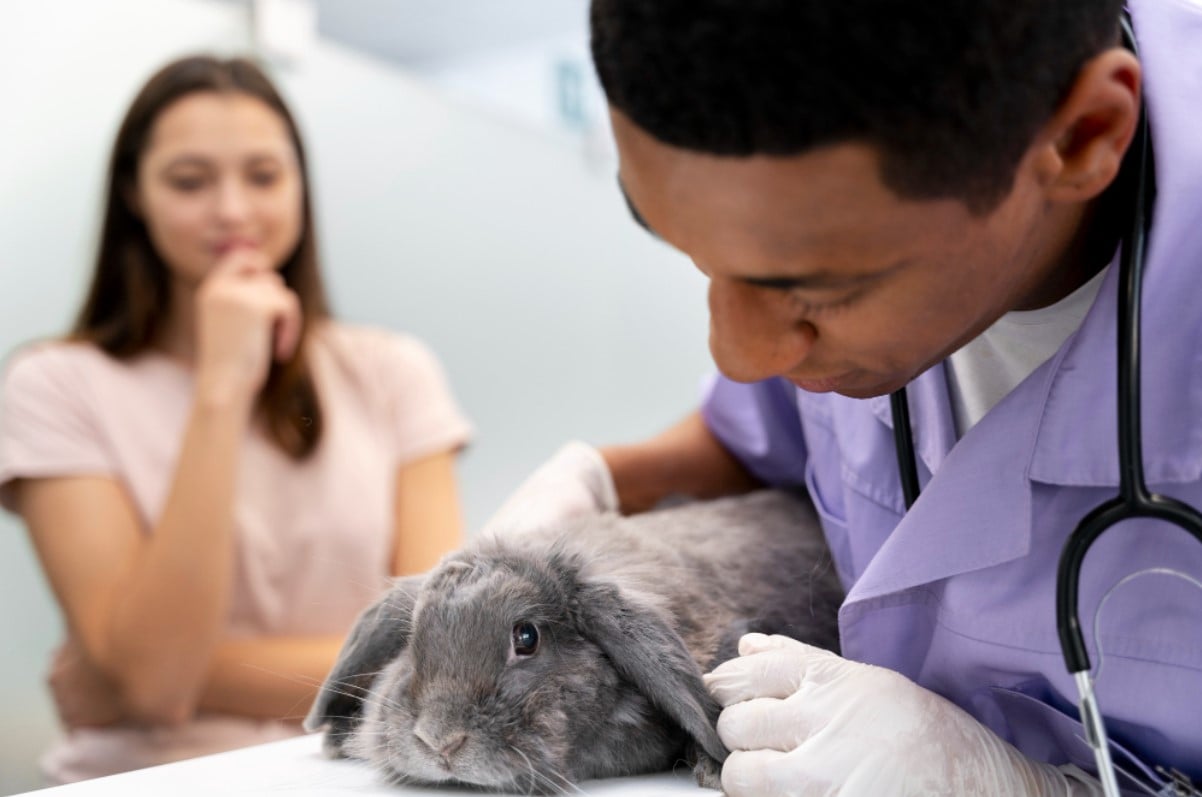
Further research has led the ECDC to claim that little evidence suggests a spillover will occur.
However, they note that in preparation for the worst-case scenario, health authorities should work closely with veterinarians to ensure sufficient testing takes place if cases begin to rise.
Monitoring the Nation’s Pets
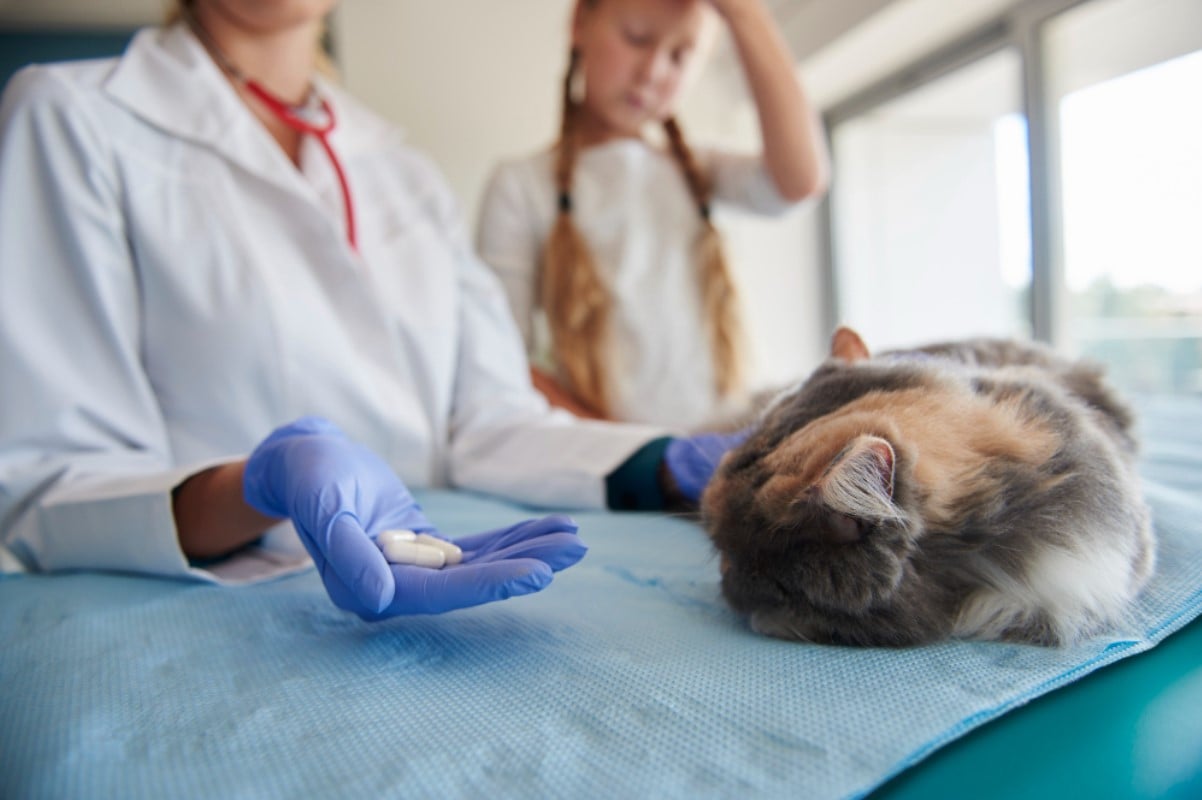
According to the agency, tests and monitoring should be conducted on pets diagnosed with the disease at quarantine facilities.
They went on to admit that killing any European pets should only be carried out “as a last resort.”
Isolating Pets at Home

Larger mammalian pets from homes across the U.K., including cats and dogs, can be isolated at home, according to the ECDC.
They claim this is possible so long as the home has sufficient outdoor space and a vet can come to inspect the animal.
Monkeypox Discovered in the 1950s

Monkeypox has been around since the 1950s. While it’s generally a mild disease, it can kill up to 10% of those affected.
The strain, which began spreading around the U.K. and Europe in 2020, is a milder version of the disease, killing as little as one in 100.
Symptoms Appear after Three Weeks

Symptoms of monkeypox will typically begin to appear after 21 days.
They include muscle aches, chills, swollen lymph nodes, and exhaustion. A facial rash can also be a telltale sign that you’ve contracted the disease.
United Kingdom Begins Issuing Vaccine
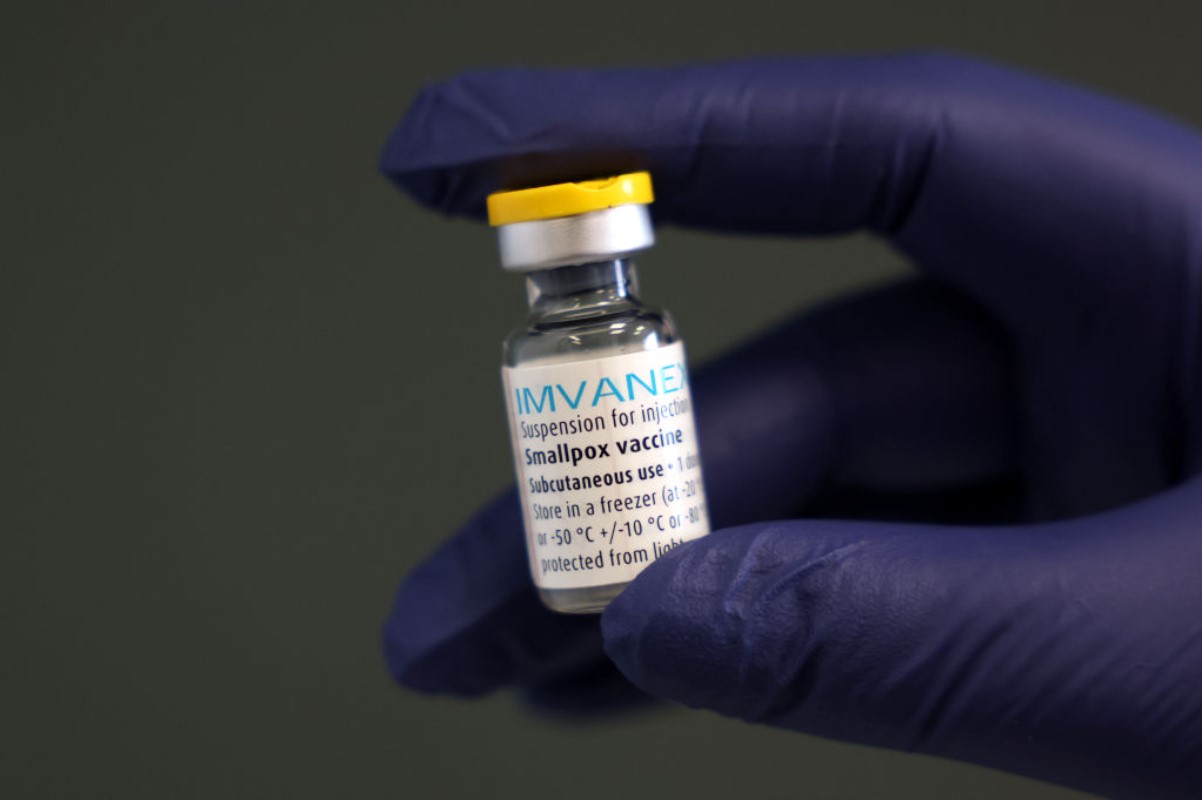
As cases began to rise, the U.K. started to offer the imvansex vaccine to its citizens.
According to health officials, this worked to halt the spread of the disease.








































